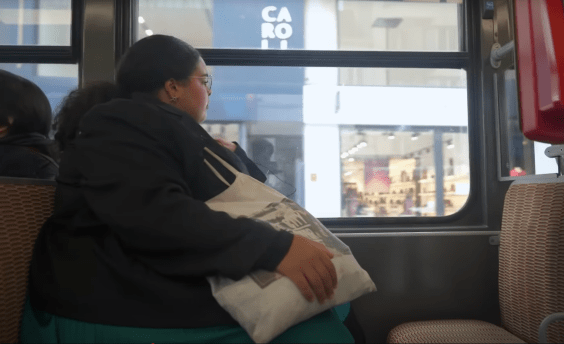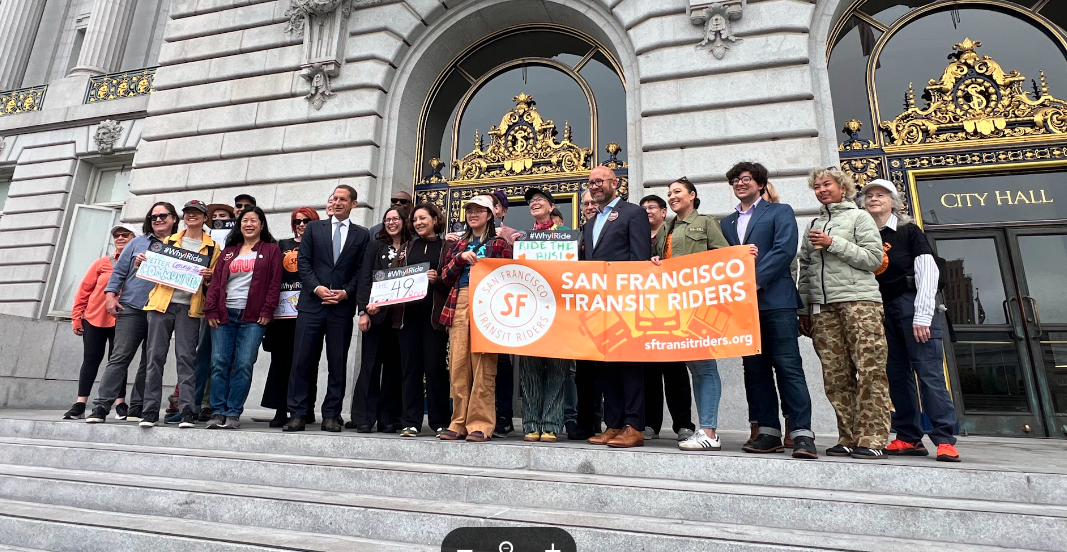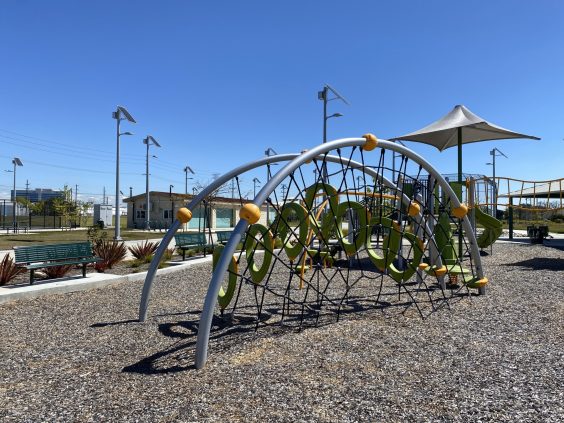So the wheeling and dealing over the stimulus bill is done, and the spending, presumably, is soon to begin. Members of the Streetsblog Network are looking at what it means for their communities.
 Photo by elventear via Flickr.
Photo by elventear via Flickr.In the case of Wisconsin, according to James Rowen at The Political Environment,
the biggest roads serving suburban and exurban areas are the state's
highest priority, while projects in the densely populated urban core of
Milwaukee are put at a real disadvantage by the criteria and time frame
for spending the money.
The mayor of Milwaukee,Tom Barrett, wrote a letter
to the Wisconsin Department of Transportation pointing out the
difficulty he faces in getting funding for work on municipal streets
and bridges. It's worth looking at it because it articulates a
conundrum faced by cities around the country:
I
don't know if WisDOT is getting insight or direction from the Federal
Government on how the stimulus funding must be used or if WisDOT has
some flexibility and discretion on how to administer the use of the
stimulus funding, but the criteria and process that you have outlined
not only prohibits all of the street and bridge work we originally
identified but it significantly limits the number of local projects
that could utilize such funding.The types of projects and
the level of detail …that you are
asking us to submit by March 17, 2009, generally requires 2 to 3 years
to develop under WisDOT processes. It is impossible to advance such a
project in one month. The only way we could possibly meet your criteria
is if we submit projects that have already been developed and planned
for…and
possibly redirect the funding that has been authorized for these
projects to future projects.However,
this doesn't accomplish the intent of the stimulus plan to generate
immediate additional work above and beyond what is already scheduled.To
that end, I strongly urge the Wisconsin Department of Transportation to
determine some way for the local communities that have the
capabilities, such as the City of Milwaukee, to directly utilize a
portion of the stimulus
funding for projects that can have an immediate impact in putting
people to work.Our
$43 million in local street and bridge work would provide that
immediate impact. I respectfully request a meeting with you and your
staff to discuss any possible options that might be available to us.
Do
you know of similar situations in other municipalities? We'd like to
hear about them. Send information to tips [at] streetsblog [dot] org.
Elsewhere around the network, Planning Livable Communities looks at new studies that show just how dangerous it is to drive while talking on the phone -- even hands-free; Greater Greater Washington wonders if the death of a 14-year-old cyclist will lead to safety improvements on a road engineered solely for cars; and GreenCityBlueLake reports on the growing push for intercity rail in Ohio.





